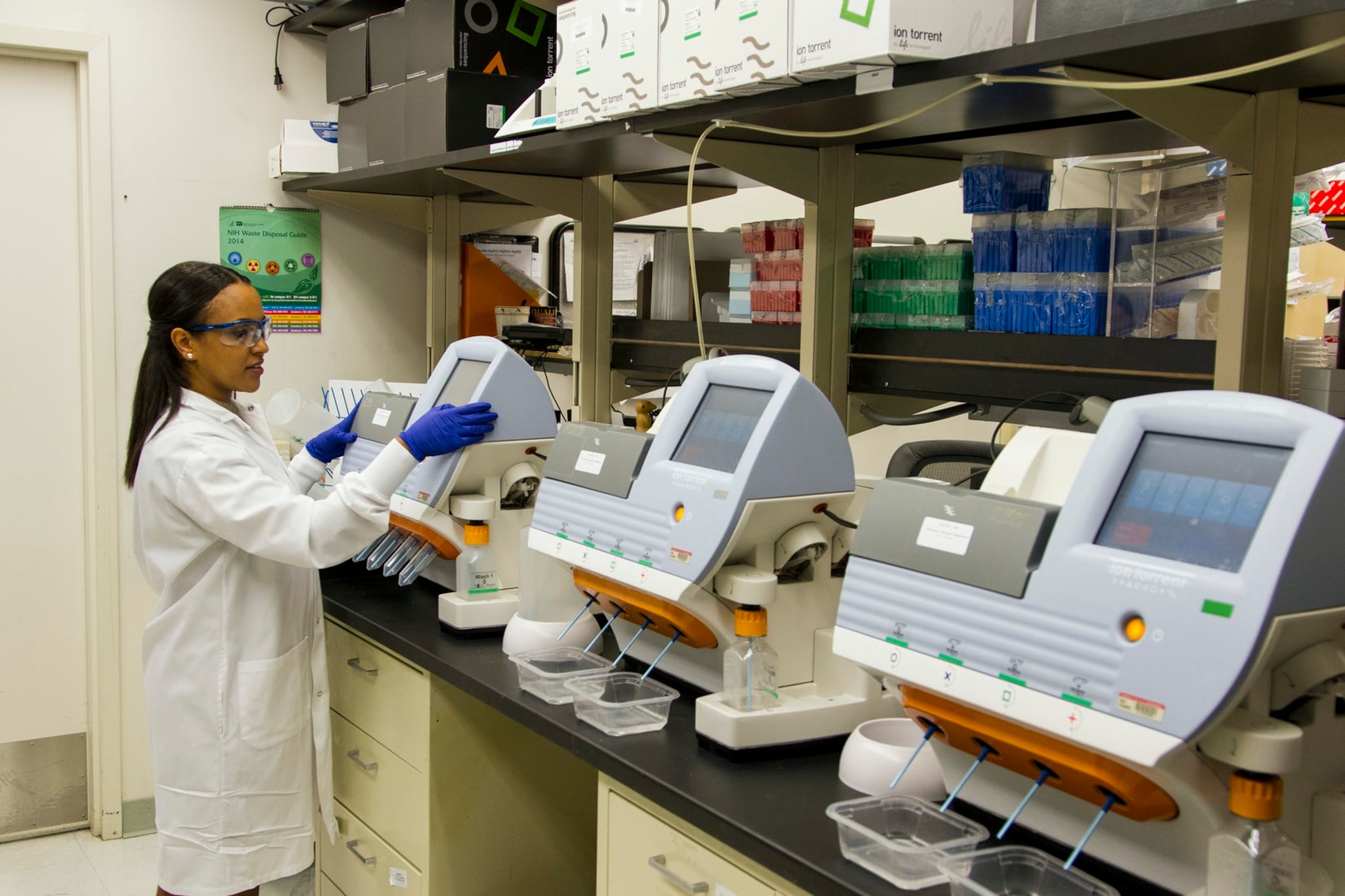Currently, there is a limited amount of pet DNA data available. DNA tests identify genetic variations called single nucleotide polymorphisms, or SNPs. By comparing gene sequences against others in a population, SNPs can be linked to health issues. The more data that is collected, the more SNPs will be identified. A larger data set will also increase the accuracy of these results. Researchers have already found promising evidence to identify specific genes linked to conditions in dogs such as exercise-induced collapse or copper toxicosis. With more data, they hope to be able to identify more conditions.
DNA testing tracks genetically inherited diseases. This is important because there are certain breeds that may be more prone to cancer or other diseases. Some of the most common genetically inherited diseases in dogs are brachycephalic syndrome, degenerative myelopathy, epilepsy, heart disease, hip dysplasia, and urinary bladder stones. The most common genetically inherited diseases in cats are diabetes, hypertrophic cardiomyopathy, lower urinary tract disease, lymphocytic inflammatory disease, and polycystic kidney disease. With further research and data collection, scientists are hopeful that they can identify the genes linked to these specific health concerns, as well as many other diseases and cancers. Identifying these harmful diseases in pets can help with earlier diagnosis and possibly more successful treatments. As the scientific study of pet genetics grows, more evidence will link gene sequences to diseases and more genetic diseases will be identifiable.
Researchers can develop more accurate diagnostic solutions and may even find new treatments for the diseases with more knowledge of pets’ DNA. Further identification of genetic variations may allow for more personalized health care and an improved quality of life for pets. DNA testing has already helped with many scientific advancements, and there is hope for more to come.




